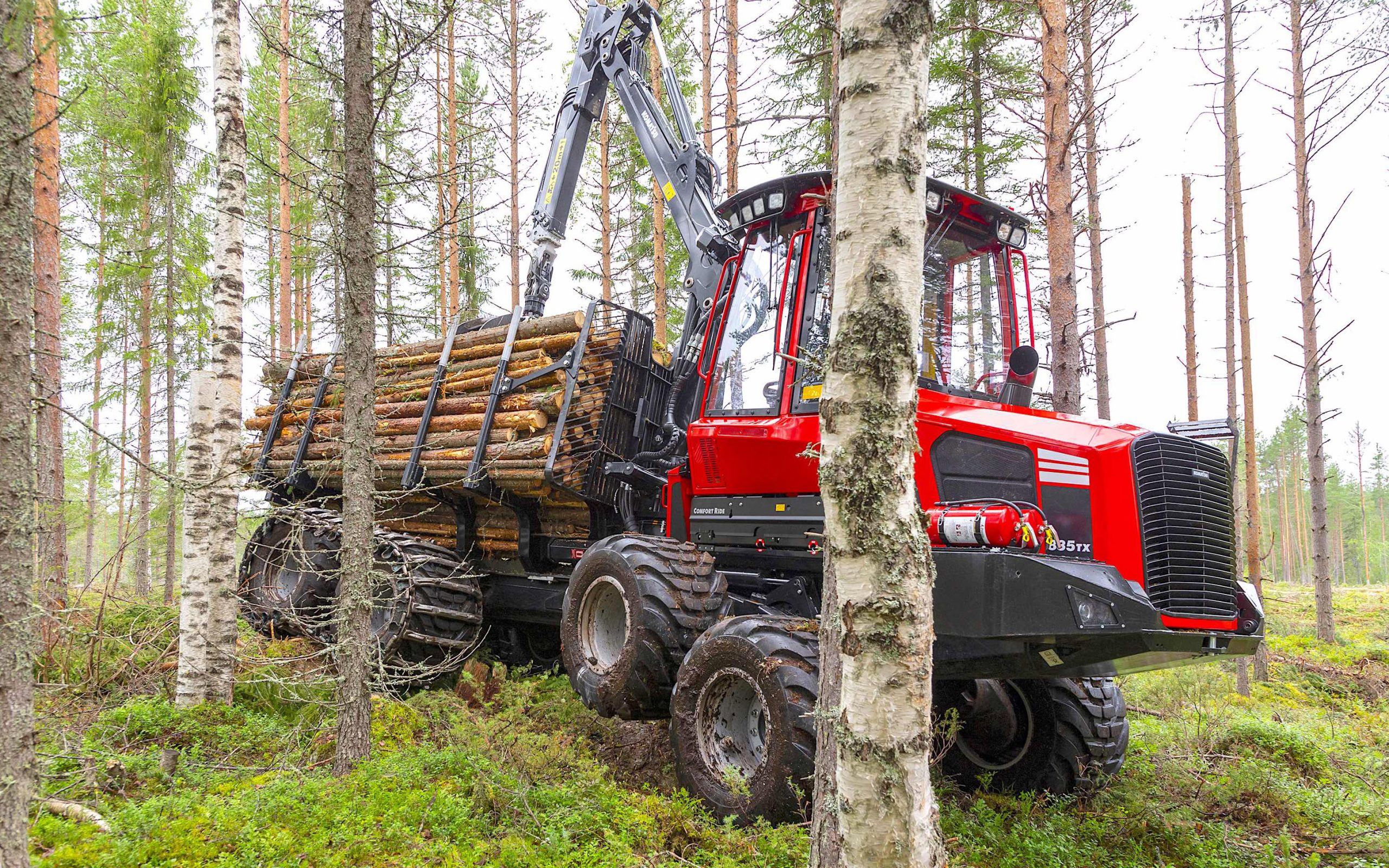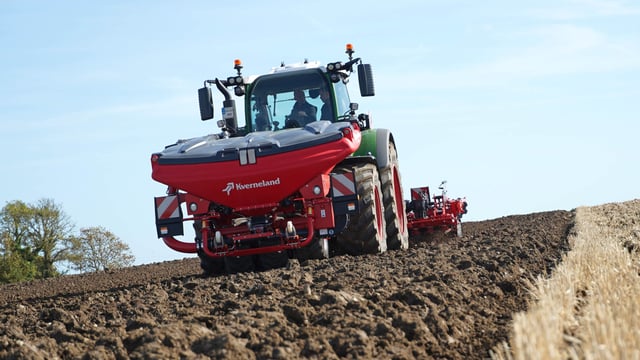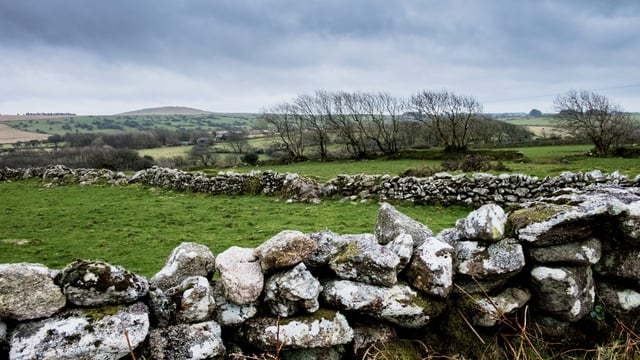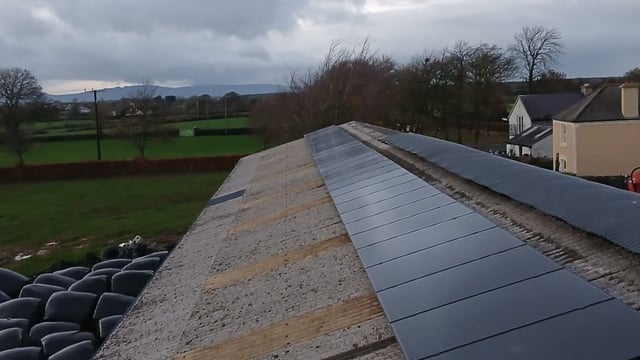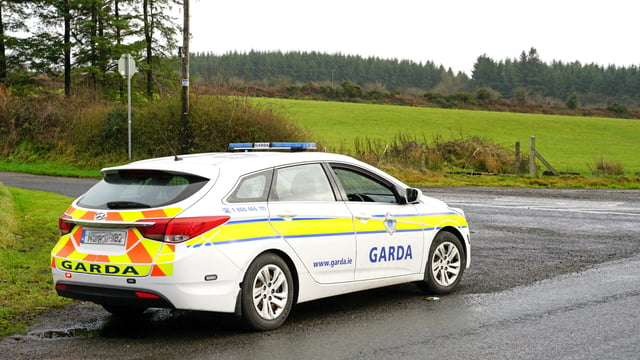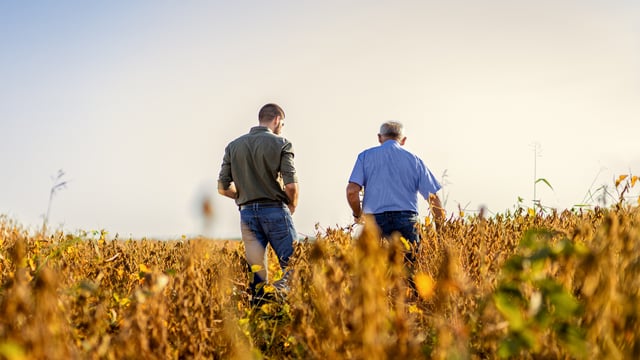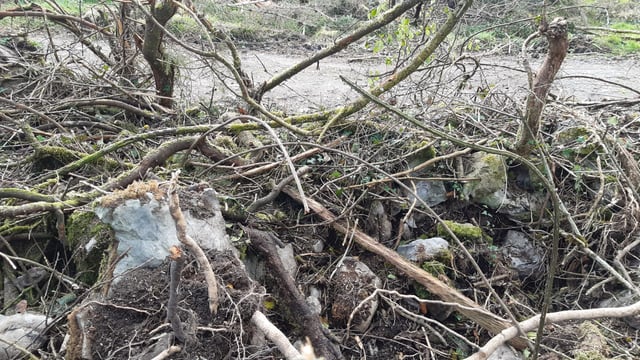McHale Plant to support forestry industry after storms
Storm Éowyn, and the earlier Storm Darragh, caused extensive damage to buildings, infrastructure and power supplies around Ireland, as well as a good deal of additional disruption to state and privately owned forestry areas along the western seaboard.
The destruction included the felling of numerous trees, as well as debris on the ground from fallen branches.
This large volume of timber is now vulnerable to a loss in value and usefulness as it awaits harvesting and transport to sawmills, as mature trees lost to windblow will rapidly lose condition.
This deterioration will reduce its usefulness for conversion into saleable timber unless harvested and processed as soon as possible after uprooting.
Extensive damage
Current estimates from within the industry put the volume of lost tree stock at 11 million cubic metres and possibly higher.
To put this in perspective, an average timber framed house uses around seven cubic metres of wood.
The Department of Agriculture, Food and Marine (DAFM) offers general advice on how to approach the management of forest areas affected by windblow - the first move being to assess the area, timber volume and likely value in the forest.
In addition, it is important to assess the surviving forest that has not blown, for a decision will be required - after considering such factors as age, area and risk of further windblow - whether to retain adjoining areas.
Surrounding trees may be allowed to grow to normal clearfell age or they could be harvested along with the damaged area.
Where a forest is partially windblown, it is important that a forestry professional assesses the remaining standing trees for stability.
Where remaining trees or areas are considered unstable, they may be included in the felling licence application.
Demand for forestry services
An additional difficulty stems from the extent to which forestry contractors and timber hauliers have been overwhelmed by the surge in demand for their services.
A problem exacerbated by the increased delay in issuing felling licences experienced over the past few years, which has seen many contractors abandon the industry or severely curtail their activities within it.
Particularly acute is the shortage of trained and qualified truck drivers and specialist timber harvester machine operators whose services would enable contractors, sawmills, and hauliers to attack the problem in an even more sustained fashion.
Given this background, the importers and distributors of Komatsu Forestry equipment, McHale Plant Sales of Birdhill, Co. Tipperary, has offered its support to any campaign or initiative by forestry owners or timber harvesting contractors which encourages greater interest in forestry by younger people in a bid to foster long-term careers in the industry.


